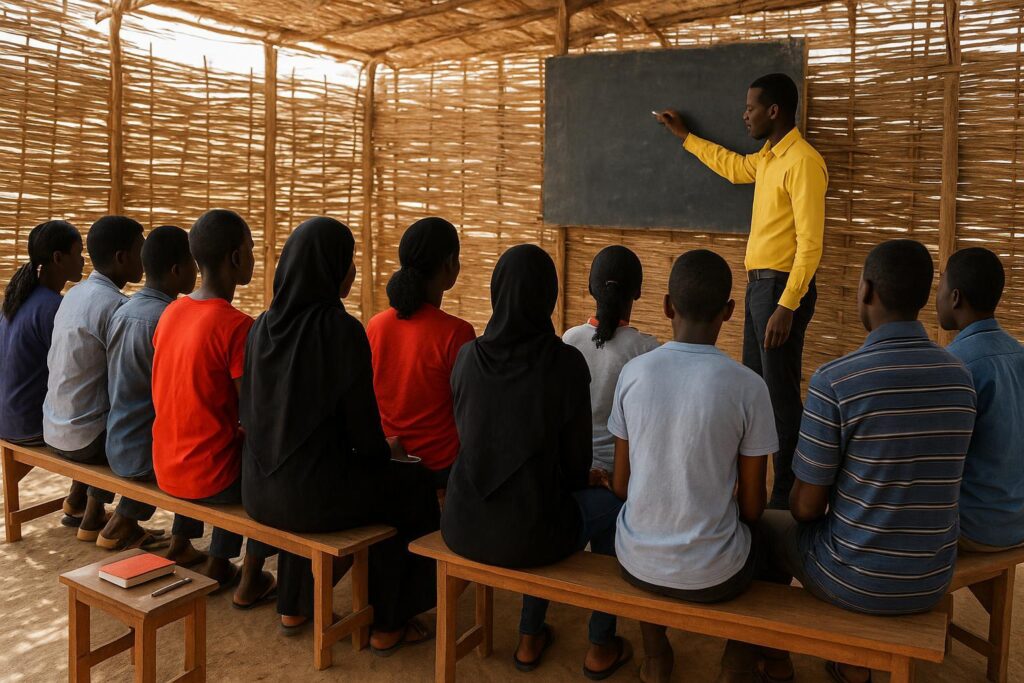Private Schools Lead 2024 Results
The 2024 national exams in South Sudan placed private institutions firmly at the summit, with the ten highest scores all linked to fee-paying schools in Juba and Bor.
Education officials concede that the pattern has hardened over the past decade, signalling both the energy of entrepreneurs and the resource gap affecting government classrooms.
Calls for Stronger Public Funding
National MP Majour Babour told Eye Radio that “general education is a government responsibility; there is no way out,” urging a decisive budget shift toward public infrastructure and teacher training.
Analysts say the Education Ministry’s share of the national budget hovers below regional averages, limiting textbook provision, laboratory equipment and classroom construction in rural counties.
Teachers’ Welfare Under Scrutiny
Public-school teachers often wait months for salaries worth less than 100 dollars, a situation Babour warns fuels absenteeism and lowers morale.
Union leader Grace Ladu proposes a phased salary scale indexed to inflation, arguing that “a motivated teacher is the cheapest route to higher grades.”
Community Engagement Revisited
Babour recalls communities in 1980s Sudan building teachers’ quarters from local brick, claiming the spirit of self-help can still supplement state efforts.
Parent committees in Eastern Equatoria have already started weekend farming projects to raise funds for desks, an initiative observers hail as a low-cost model for other counties.
Regional Brain Drain Challenge
Research by the University of Juba finds that one in four qualified teachers has migrated to neighbouring Kenya or Uganda in search of steadier pay and safer living conditions.
Experts suggest bilateral agreements on teacher exchange and scholarships could slow the exodus while enriching pedagogical skills at home.


